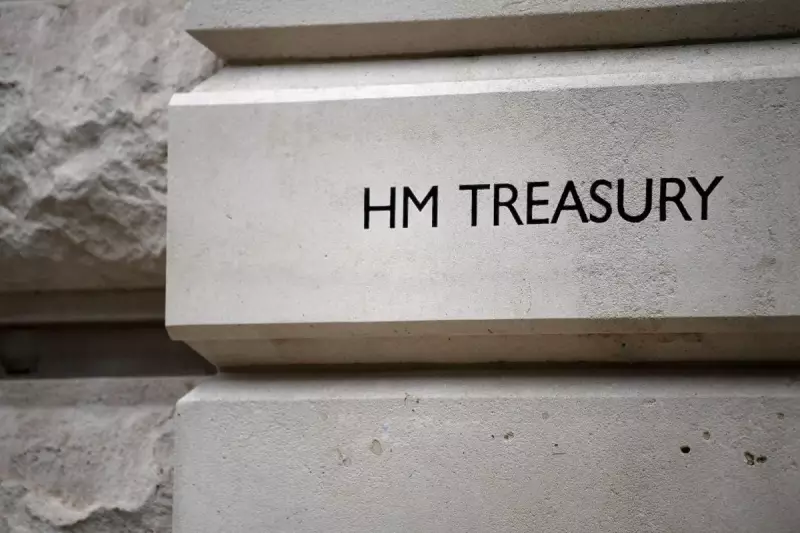
The UK Treasury is experiencing an unprecedented windfall from inheritance tax, with receipts surging to a record-breaking £6.3 billion in the last financial year, according to latest HMRC figures.
The Stealth Tax Creep
This staggering 8% increase compared to the previous year reveals how frozen tax thresholds are quietly dragging thousands more British families into the inheritance tax net. The nil-rate band has remained stuck at £325,000 since April 2009, while the residence nil-rate band has been frozen at £175,000 since April 2020.
Property Prices: The Silent Accomplice
As property values continue their relentless climb across much of the UK, millions of homeowners are discovering their modest family homes now push their estates over the inheritance tax threshold. What was once considered a tax exclusively for the wealthy has rapidly become a middle-class concern.
Fiscal Drag in Action
The phenomenon of 'fiscal drag' is working powerfully in the Treasury's favour. With thresholds frozen until at least 2028, inflation and rising asset values are automatically increasing the tax take without any official tax rate increases. This silent revenue generator is proving remarkably effective for government coffers.
Political Hot Potato
Both Conservative and Labour parties are approaching inheritance tax reform with caution. While there's growing pressure to address the threshold freeze, the substantial revenue stream makes any significant changes politically challenging. The tax has become an increasingly important contributor to public finances.
What This Means for Families
The combination of static thresholds and rising property values means:
- More families facing unexpected inheritance tax bills
- Increased need for careful estate planning
- Growing intergenerational wealth transfer challenges
- Potential pressure on families to consider property sales
As the debate around inheritance tax intensifies, one thing remains clear: this once-niche tax is rapidly becoming a mainstream financial consideration for ordinary British families planning their legacies.





